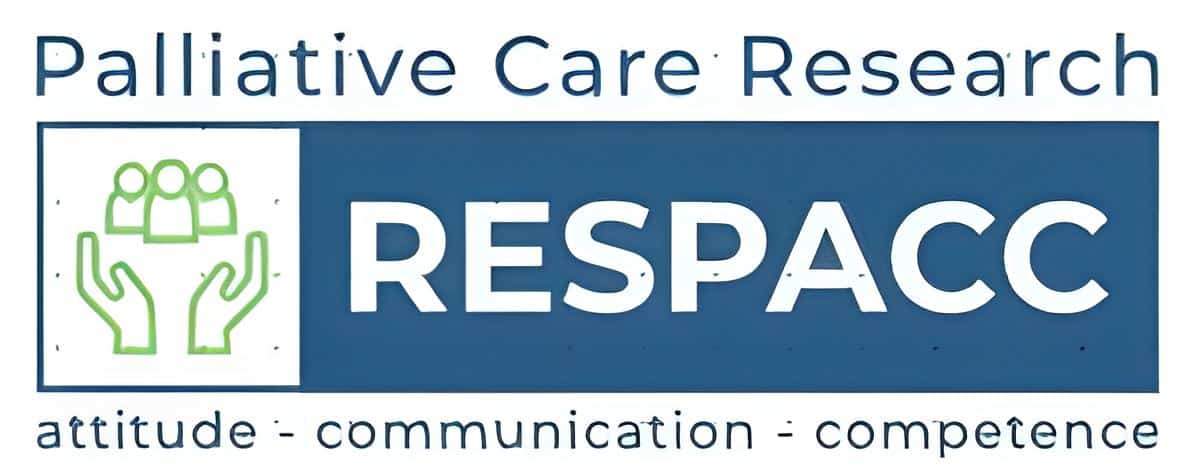Critical Reading and Academic Competencies
C1. Introducing palliative care clinicians to critical reading and academic writing

Within the context of Erasmus+ Programme, Key Action 2 – Strategic Partnerships-VET, EU funded project, “Research for Palliative Care Clinicians” (RESPACC) with Ref. 2020-1-RO01-KA202-080128, Galilee Palliative Care Centre (Galilee) organized a three days long Hybrid Short Term Training, in Athens for project partners. Thirtyseven participants (37) attended either live or online, including colleagues from the five (5) partners. The focus of the three days training was introducing health professionals in palliative care, to the concepts of critical reading and academic writing, in order to endeavour in research in their own organisations.
C2. Translating clinical issues into research projects

Within the context of Erasmus+ Programme, Key Action 2 – Strategic Partnerships-VET, EU funded project, “Research for Palliative Care Clinicians” (RESPACC) with Ref. 2020-1-RO01-KA202-080128, HOSPICE Casa Sperantei (HCS) organized a five-days long Short-Term Training, in Bucharest, for project partners. Thirty-seven participants (37) attended from the five partners, and four more for online interactive sessions.
The focus of the five days training was introducing palliative care professionals to the main research methodologies, in order to endeavour research in their own organisations.
The programme included presentations, workshop sessions in groups. The innovation consisted in prerecording all sessions. In this way, for each session, participants had 30 minutes to watch the video, followed by interaction, small group work, different exercises. Another reason for prerecording the sessions, was to facilitate participation for all those interested by the subject, who couldn’t attend the training. For them, we organized each afternoon, one hour interaction session in which they could clarify and ask questions related to the content of the pre-recorded sessions.
In general, we received a highly positive feedback regarding the content and organisation of the meeting. Delegates stated that the training course met their expectations. Delegates also felt that there were sufficient opportunities created to meet other delegates and this was very beneficial.


